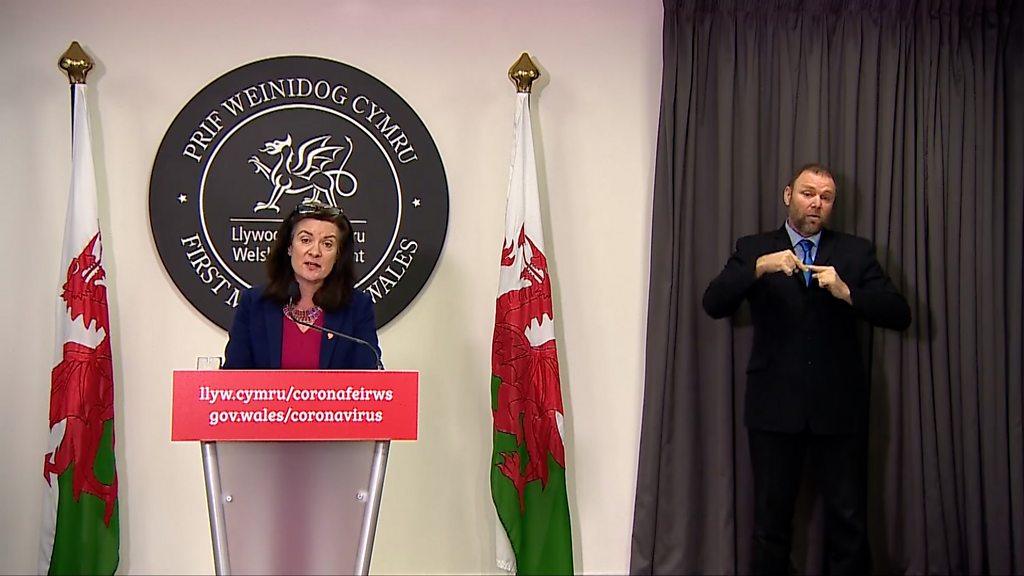BBC Wales Young Reporter's Obsessive Compulsive Disorder 'battle'
- Published
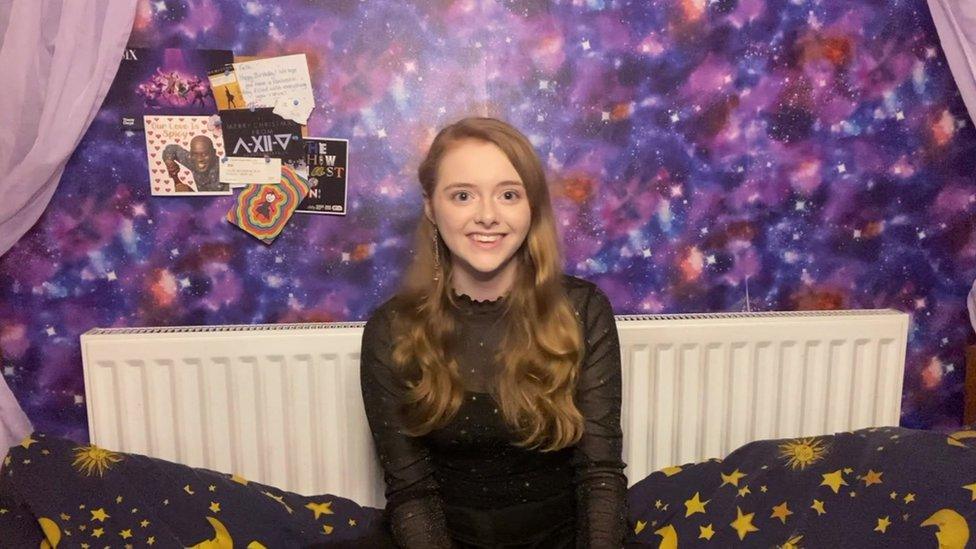
Faith, 17, was diagnosed with Obsessive Compulsive Disorder aged 14, after having symptoms for many years
Since she was a child, Faith has suffered from intrusive thoughts.
The 17-year-old from Wrexham, who was the Wales winner of the BBC Young Reporter competition, was diagnosed with Obsessive Compulsive Disorder (OCD) after many years of symptoms.
Since her diagnosis, Faith has become a young ambassador for the charity OCD-UK.
Here she shares her experiences of OCD and highlights what help is available to help others with the condition.
Faith lived with undiagnosed OCD for about five years
My name is Faith and I have Obsessive Compulsive Disorder.
OCD affects about 750,000 people in the UK alone. Thoughts and images are involuntary. It's a way anxious brains try and overcompensate to make sure you don't have accidents.
I had undiagnosed OCD for about five years at least. I didn't know what it was so I didn't know how to cope with it properly. I assumed it was some sort of depression or anxiety disorder, I had no idea it was OCD.
Most people think of the stereotypical "oh, I like things nice and tidy" and I had that perception too, but that's not all OCD is.
I thought trying to fight my thoughts would make them go away, but it didn't. Whatever points you try and make, OCD comes up with a completely absurd answer for everything.
I would describe myself as having "pure O". It's not a medical term, it's definitely more colloquial.
But it basically refers to people with OCD whose compulsions are mainly mental and that's me. Intrusive thoughts have many different themes and they're different for everyone. Everyone gets intrusive thoughts whether they have OCD or not. But while everyone gets them, people with OCD react very differently because of our brain chemistry.
Safety blanket
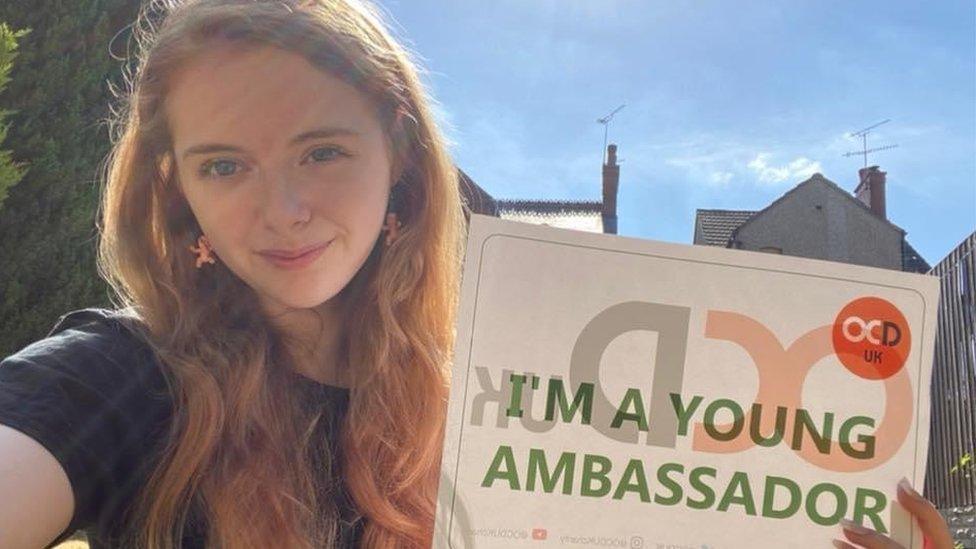
I'd develop this dependency on other people to fight my anxiety for me, which isn't a long-term coping mechanism, sadly.
The saddest thing is that everyone with OCD just wants to be happy and this is why we perform the compulsions even though we know they're irrational - they're a safety blanket. But they make everything a million times worse. They feed the cycle of compulsions feeding the obsessions and it's very time-consuming and painful.
The danger with mental compulsions is that they are completely invisible to most people and they don't know that they're a symptom of OCD.
As they're so shameful, people don't talk about them and it goes undiagnosed in a lot of cases.
How do I get rid of OCD?
OCD is a mental illness so you can't just take medication and it goes away, but you can effectively recover from it to a point where it doesn't affect your life anymore.
This is achieved through medication, exposure, response prevention and cognitive behaviour therapy, a mix of any of those can really help improve your quality of life.
As an OCD-UK young ambassador, we have a group chat and we talk to each other every day. We know how each other is getting on and know how to help each other.
We don't give in to our compulsions, we work together. It's an amazing little community that I'm very proud to be part of.
This story has been produced as part of BBC Young Reporter scheme. The project works with thousands of young people every year - giving them the chance to get involved in media skills and training, as well as opportunities to tell their own stories. You can find stories by other young people on the BBC Young Reporter website
- Published18 March 2021

- Published1 March 2021
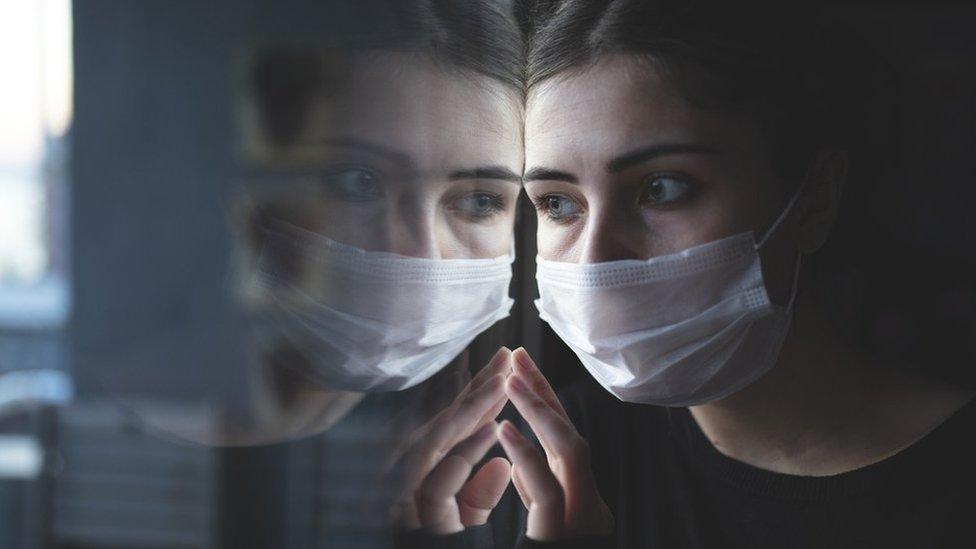
- Published31 December 2018
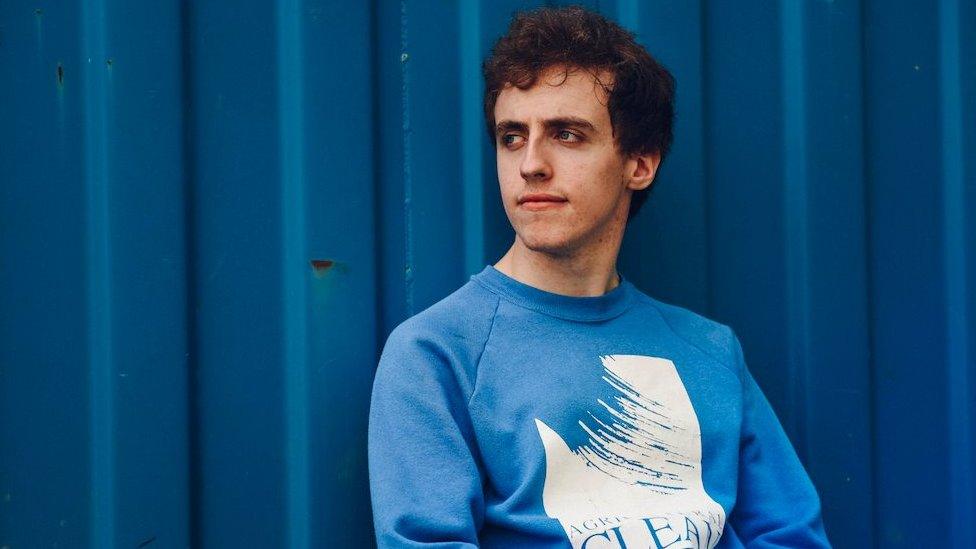
- Published3 April 2017
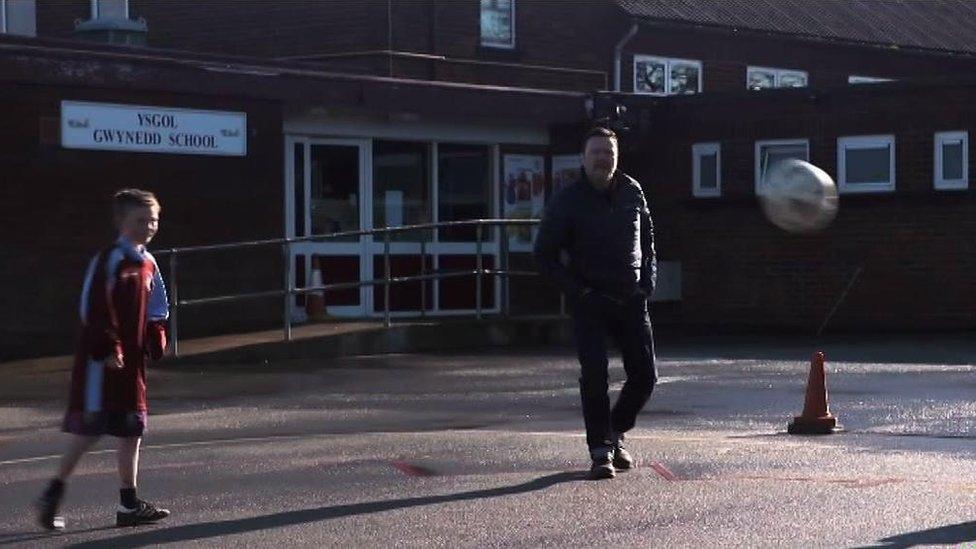
- Published21 September 2017

- Published4 February 2021

- Published21 January 2021
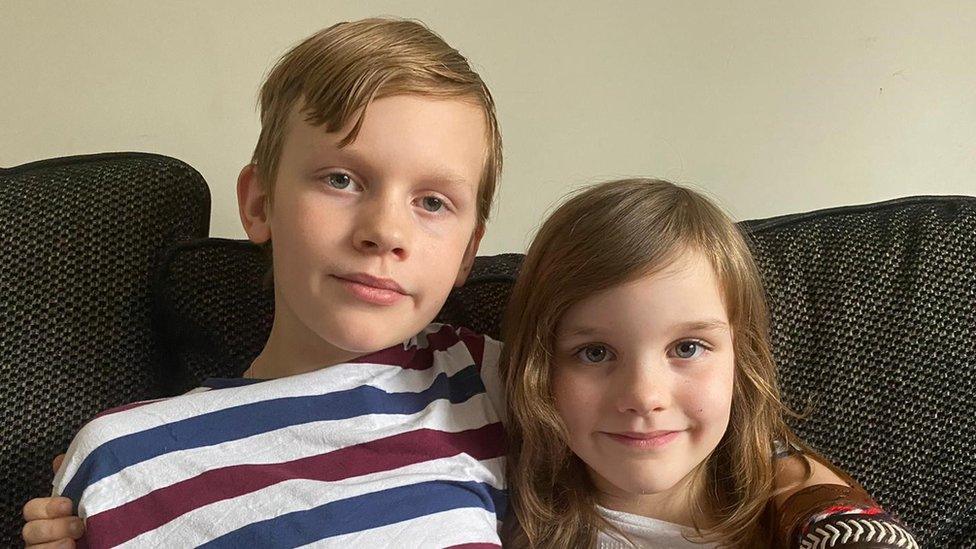
- Published8 February 2021

- Published27 February 2021
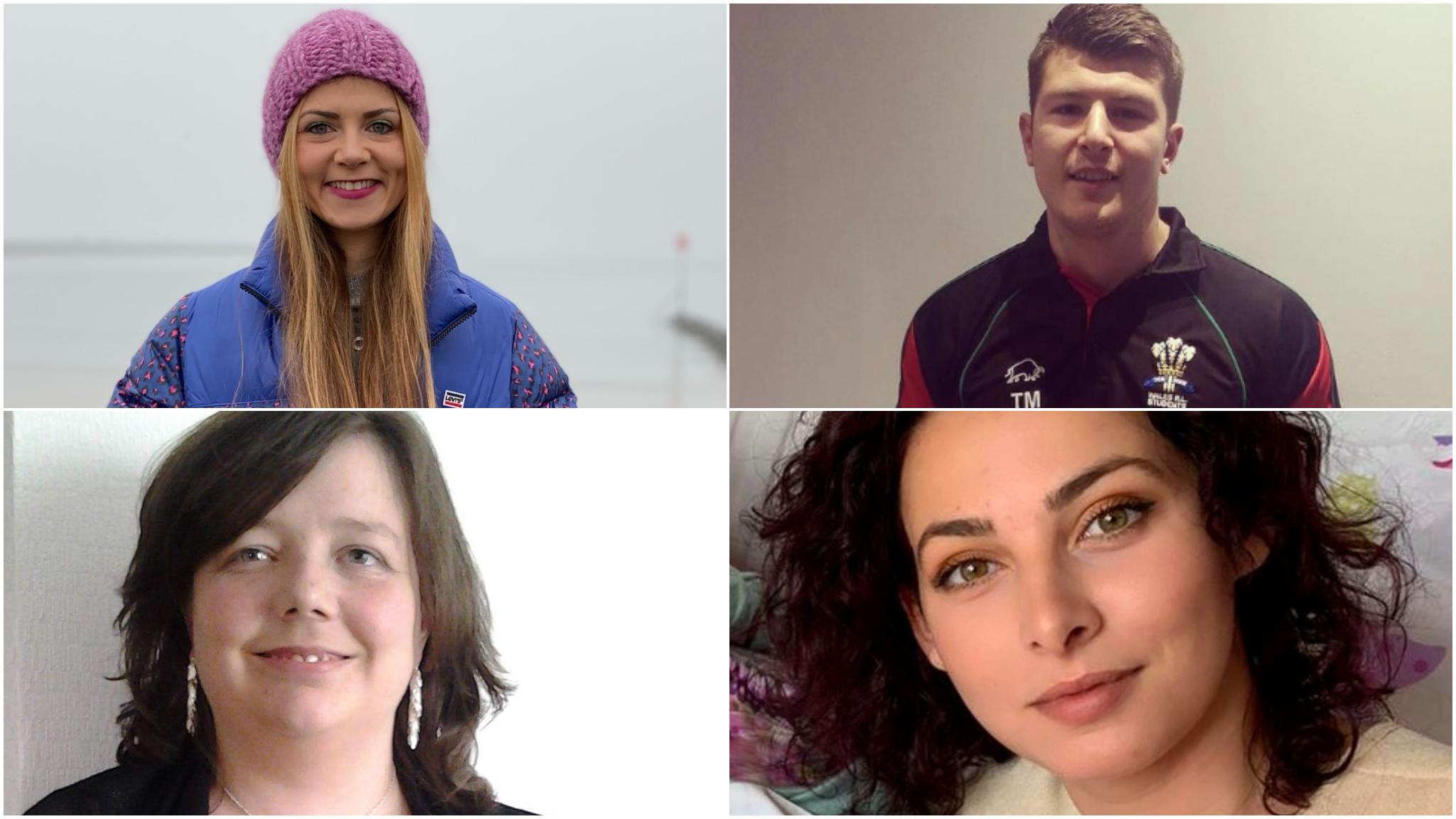
- Published16 March 2021

- Published18 February 2021
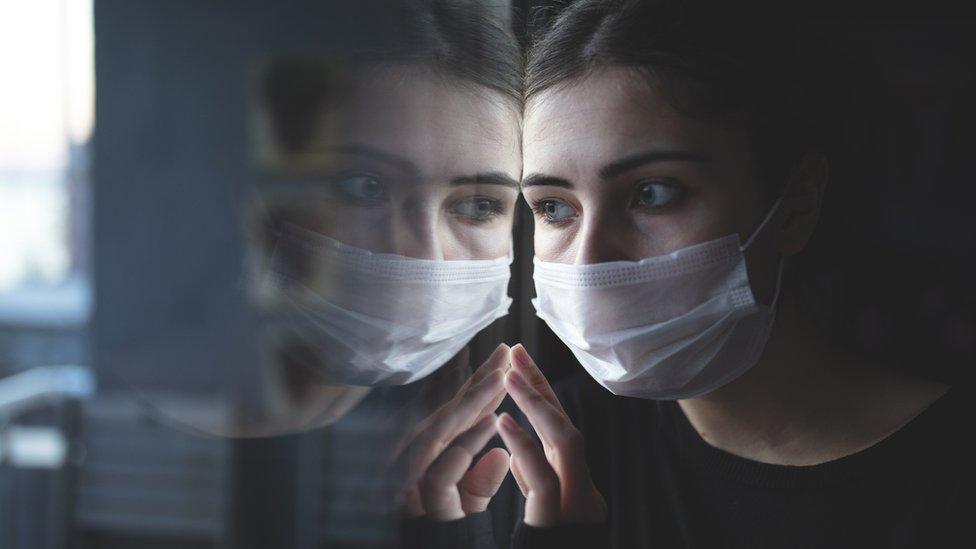
- Published19 January 2021
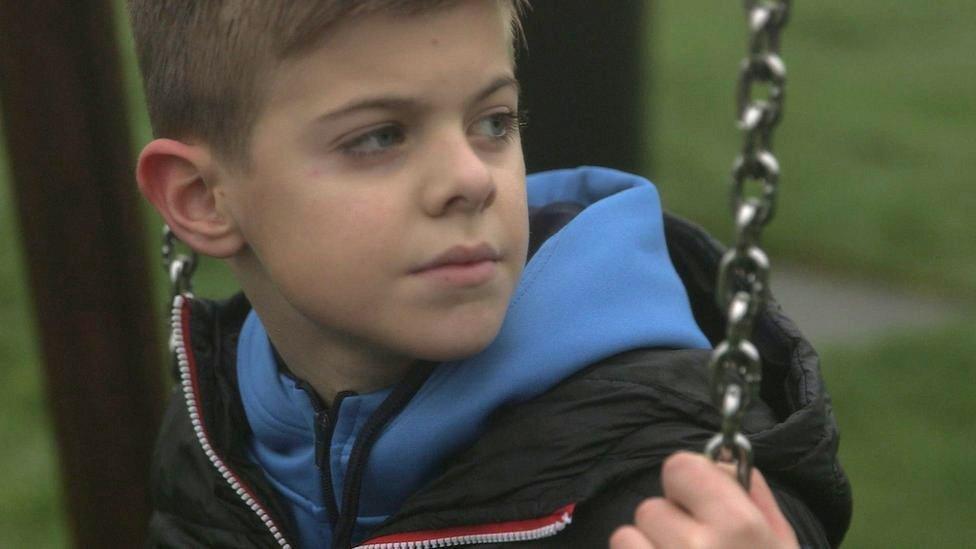
- Published1 February 2021
